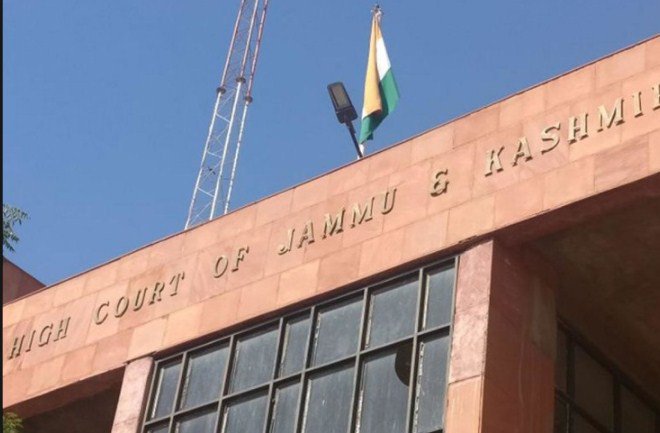LI Network
Published on: 19 September 2023 at 11:53 IST
The High Court of Jammu and Kashmir and Ladakh has affirmed that lodging a complaint with the police through WhatsApp constitutes substantial compliance with the provisions of Sections 154 (1) and 154 (3) of the Code of Criminal Procedure (CrPC).
This legal interpretation emerged during a case heard by Justice Javed Iqbal Wani, where a criminal complaint was initially submitted to the police via WhatsApp and email.
The case in question, Dilshad Sheikh and others V. Sabha Sheikh, a complainant forwarding details of the incident to the police through digital communication channels. Subsequently, a magistrate took cognizance of the complaint and ordered further investigation by the police, following an application under Section 156 (3) of the CrPC filed by the complainant.
The central issue before the High Court was whether the application under Section 156 (3) of the CrPC could be considered valid, contingent on whether the complainant had initially approached the police by filing a complaint under Sections 154 (1) and 154 (3) of the CrPC.
Justice Wani’s ruling affirmed that sending the complaint details via WhatsApp and email to the concerned police officials indeed constituted substantial compliance with Sections 154 (1) and 154 (3) of the CrPC.
Accordingly, the Court determined that the complainant had met the requirements for approaching the magistrate with an application under Section 156 of the CrPC.
The Court emphasized, “Even if it is assumed that the WhatsApp chats and the email aforesaid were not part of the complaint at the time of its filing before the Magistrate, the non-filing of the same before the Magistrate would have no effect on the merits of the application now.”
In this case, the complainant had shared her grievance through WhatsApp chats with the Station House Officer (SHO) of the local police station on multiple occasions. Additionally, she had submitted a similar complaint to the Senior Superintendent of Police. When no action was taken on these complaints, she proceeded to file an application under Section 156 (3) of the CrPC before the magistrate, seeking intervention.
The Srinagar court subsequently directed the SHO to conduct a preliminary inquiry and register an FIR if a cognizable offense was identified. This order prompted the petitioner to challenge the process, arguing that the complainant had not adhered to the proper legal requirements for filing a police complaint under Sections 154 (1) and 154 (3) of the CrPC.
The complainant, however, contended that she had followed the correct procedure by initially reporting her complaint to the police and providing supporting evidence through WhatsApp chats and emails.
The High Court ultimately ruled that this constituted substantial compliance with the relevant sections of the CrPC. The Court held that the complainant-respondent had fulfilled the requirements for invoking Section 156 (3) of the CrPC, and there was no fault in the magistrate’s decision to entertain the complaint and pass the impugned order.
“In view of the aforesaid facts and circumstances, the filing of the complaint/application by the respondent herein and its entertaining by the Magistrate and passing of the impugned order cannot be found fault with,” the Court declared.
The petition challenging the filing of the complaint was dismissed by the Court, which also underscored that “criminal proceedings are not to be scuttled in the initial stage and that quashment of a complaint/FIR should be an exception and a rarity.”

